Travel books have quickly creeped their way to the top of my every-growing reading list. I mean… it makes sense! They combine two of my favorite things: traveling and reading. After reading an overwhelming number of travel books, I have compiled a list of my very favorites below. These books are not perfect – but every book on this list moved me, in some way, to seek adventure and think deeper about my own life and experiences.
All of the books on this list are memoirs. I find that I am most interested in reading about the experiences of others. First, travel memoirs read like fiction. It is almost as though you’re reading about Wendy exploring Neverland or Huck Finn sailing down the Mississippi. And second, they make travel feel so much more accessible. I feel as though my own story could be within the leather-bound covers, and that is such a cool feeling.
Across the travel books on this list, there are common themes of self-discovery and appreciation for cultures and lifestyles that differ from our own. There are also themes of loss and finding comfort in community. I hope that you’ll enjoy reading them as much as I did!
Without further ado, here are six of my favorite travel books that will inspire you to embark on your own adventures.
6 Fantastic travel books to add to your Goodreads list
1. The Lost City of the Monkey God by Douglas Preston
The Lost City of the Monkey God is a riveting memoir recounting a team of scientists journey to uncover the ruins of an ancient civilization in the uncharted and dense rainforests of Honduras. The book delves into the history and legends surrounding the illusive “White City”, and the team’s expedition off the grid where no travelers have trekked before. The author’s descriptions of sleeping in hammocks surrounded by bioluminescent critters lighting up the rainforest like stars is enough to make anyone want to grab their tent and bushwhack deep off the trail (don’t actually do that though…).
The Lost City of the Monkey God discusses the challenges of archeology and the team’s efforts to keep the true location of the dig site hidden from pillagers and exploiters looking to sell artifacts for their own financial gain.
As an added intrigue, there is a mystery to this rainforest. Everyone who enters the area leaves with an unknown illness. The book discusses the author’s personal experiences with the mysterious disease once they returned back to the United States.
2. Far and Away by Andrew Solomon
By far one of my favorite travel books of all time. Far and Away is a series of essays that explores places and individuals undergoing political, cultural, and personal changes. Each story is wildly different from one another: from a detailed account of an eating tour in China, to a conversation on how an Inuit community in Greenland tackles seasonal depression, to a moving conversation with artists who still find ways to create their art despite living under oppressive governments.
The stories in Far and Away are woven together by common threads of humanity, resilience, community, and love. Solomon is a journalist, and does a phenomenal job of bringing the voices of the diverse number of people he encountered to life.
Before diving into this book, note that this is a series of 25-years worth of published journal articles bound together. As such, the stories do not necessarily tie consecutively to one another.
3. Wild by Cheryl Strayed
Pretty much everyone has heard the tale of Cheryl Strayed’s trek from Mexico to Canada along the Pacific Crest Trail. This memoir recounts Strayed’s 1,100-mile adventure walking from the Mojave Desert to Washington State.
Wild is a story of growth, healing, and self-discovery. As she continues on her trek, Strayed reflects on her troubled past, the pain she is experiencing around the loss of her mother, and the healing power of nature.
Along the trail she encounters an eclectic array of people who are all on their own journeys. Her writing touches on their stories in addition to her own.
4. Into Thin Air by John Krakauer
Into Thin Air recounts the events of the ill-fated 1996 Everest expedition. Jon Krakauer, a journalist and mountaineer, describes his experience as part of a team of climbers on the mountain. His recount of the tragic events and severe storm that claimed the lives of several climbers is equal parts chilling and sad.
Krakauer does a remarkable job explaining the magnitude of power that nature has. How quickly things can go south in remote and dangerous areas, even for the most prepared and experienced adventurers. At 18,000 feet with no oxygen, even small mistakes, like setting your compass 1-degree off, can leave you irredeemably lost. His description of the roulette-esque nature of the Khumbu Icefall is enough to say “ya know what, I am fine on the couch”.
I appreciate Krakauer’s conversation about the ethics of commercializing mountaineering. This topic is only growing in relevance, as pictures of climbers queuing for the summit circle the internet. Krakauer explains that inexperienced climbers who pay their way onto the mountain pose a serious threat to the entire expedition team. Inexperienced climbers especially endanger the lives of the sherpas hired to carry their gear, set the routes, monitor their vitals, cook their meals, and set up their camps. Sherpas are the true heroes – there is no doubt about it.
5. A Cook’s Tour by Anthony Bourdain
A love of food and the rituals of eating are two commonalities that every person on the planet shares. In A Cook’s Tour, world-renowned chef Anthony Bourdain journeys across the world in search of “the perfect meal”. Of course, “the perfect meal” does not truly exist. Every dish served in the book carries with it its own unique flavors, significance, and history.
Over the course of the book, Bourdain shares his love of food and travel, and explores culinary traditions from all over the world. He also spends quite a few nights pounding back vodka shots at the wee hours of the morning).
This book encapsulates how much of an impact travel has on a person through the lens of the meals that are shared. Anyone who has traveled outside of their hometown and sampled a meal so entirely new to them can relate to Bourdain’s descriptions.
This book is perfect for the armchair traveler with a deep love and appreciation of food.
6. The Catch Me If You Can: One Woman’s Journey to Every Country in the World by Jessica Nabongo
In The Catch Me if You Can, Jessica Nabongo shares her journey to become the first documented black woman to travel to all 195 countries in the world – a remarkable feat. Over the course of the book, she shares her personal reflections, the challenges she encountered, and the personal growth she experienced.
Catch Me if You Can spans across the entire globe: from dog sledding in Norway, to late night border crossings in Guinea Bissau. You’ll finish this book with at least 40 new experiences added to your bucket list.
Nabongo’s perspective of the world is refreshing. She approaches each new experience with open arms and shows the world that the places the media often deems “scary” can be accessible and welcoming. Nabongo is an absolute inspiration for any traveler.
As an added bonus: the photography in this book is stunning (AND taken by the author!)
That’s all, folks!
Hopefully this list gave you a few new travel books to add to your ever-growing reading list! Every book on this list is a favorite of mine. I hope you enjoy them as much as I did!
Do you have a favorite travel book? Leave a comment below with the titles and authors.
Check out my Tips for Reading More guide and my 5-Star Reading List for more inspiration!
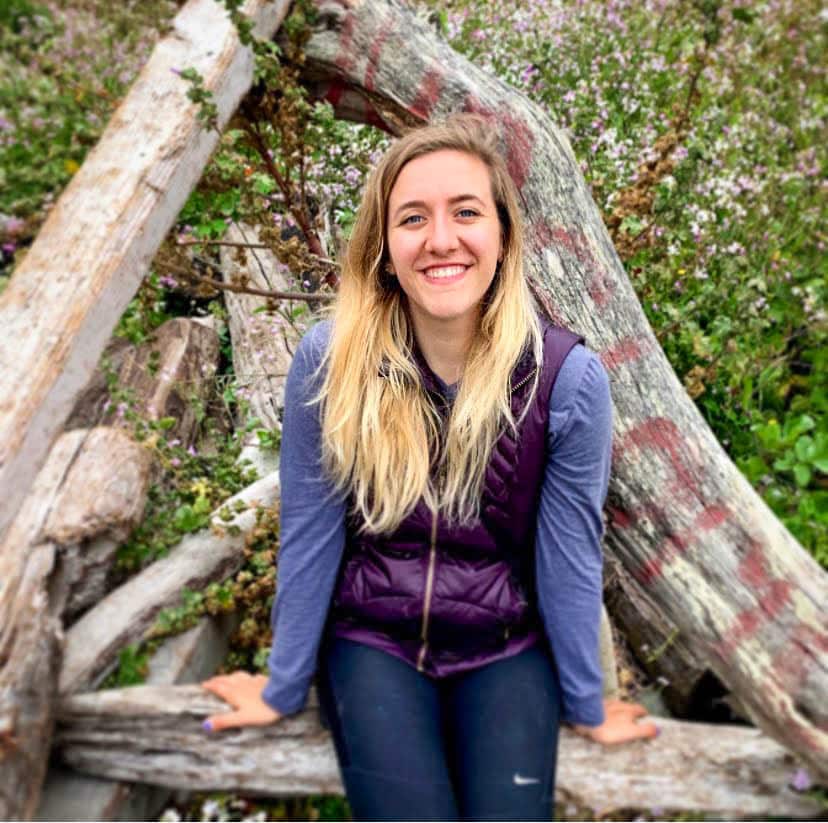
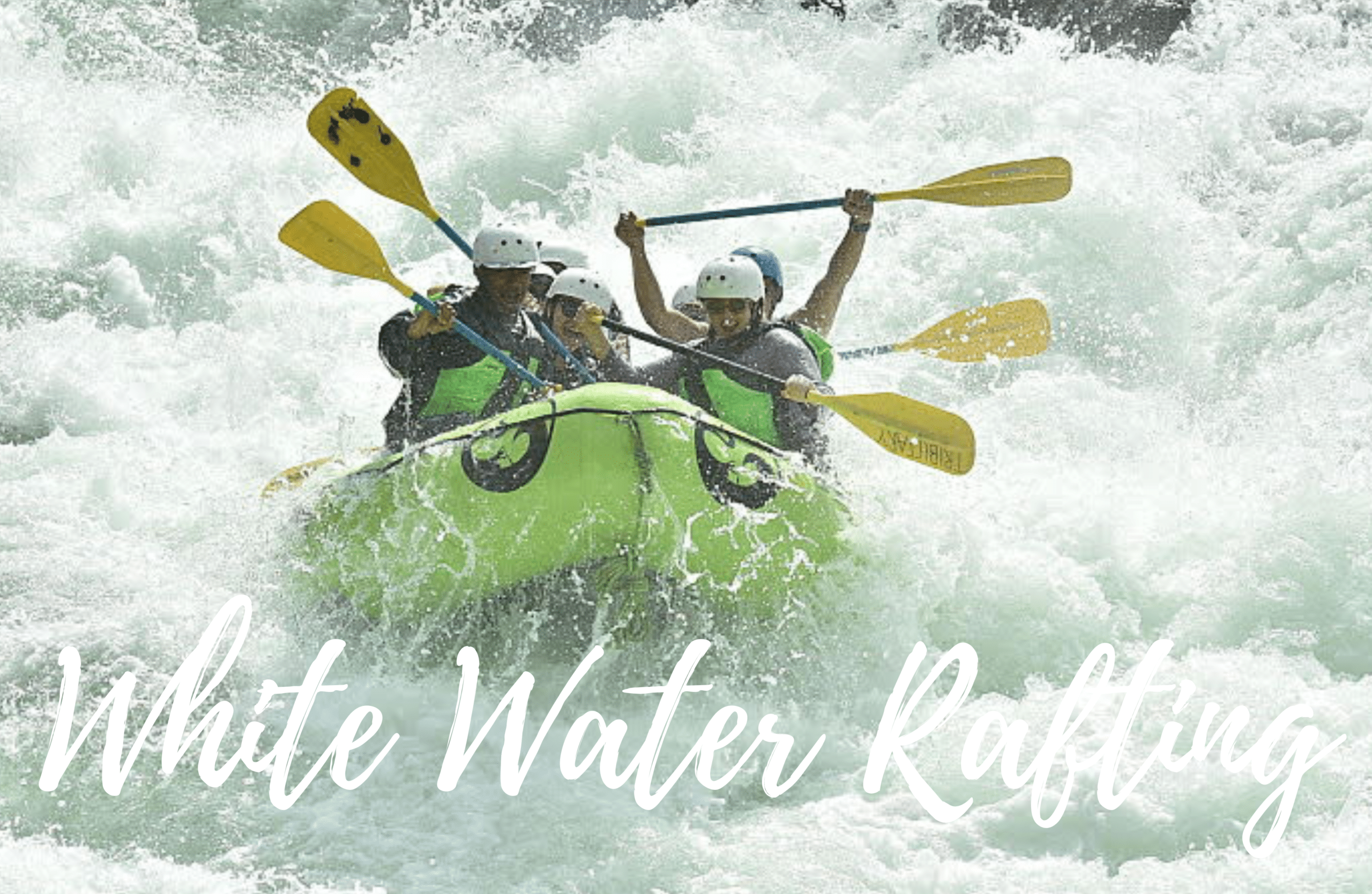
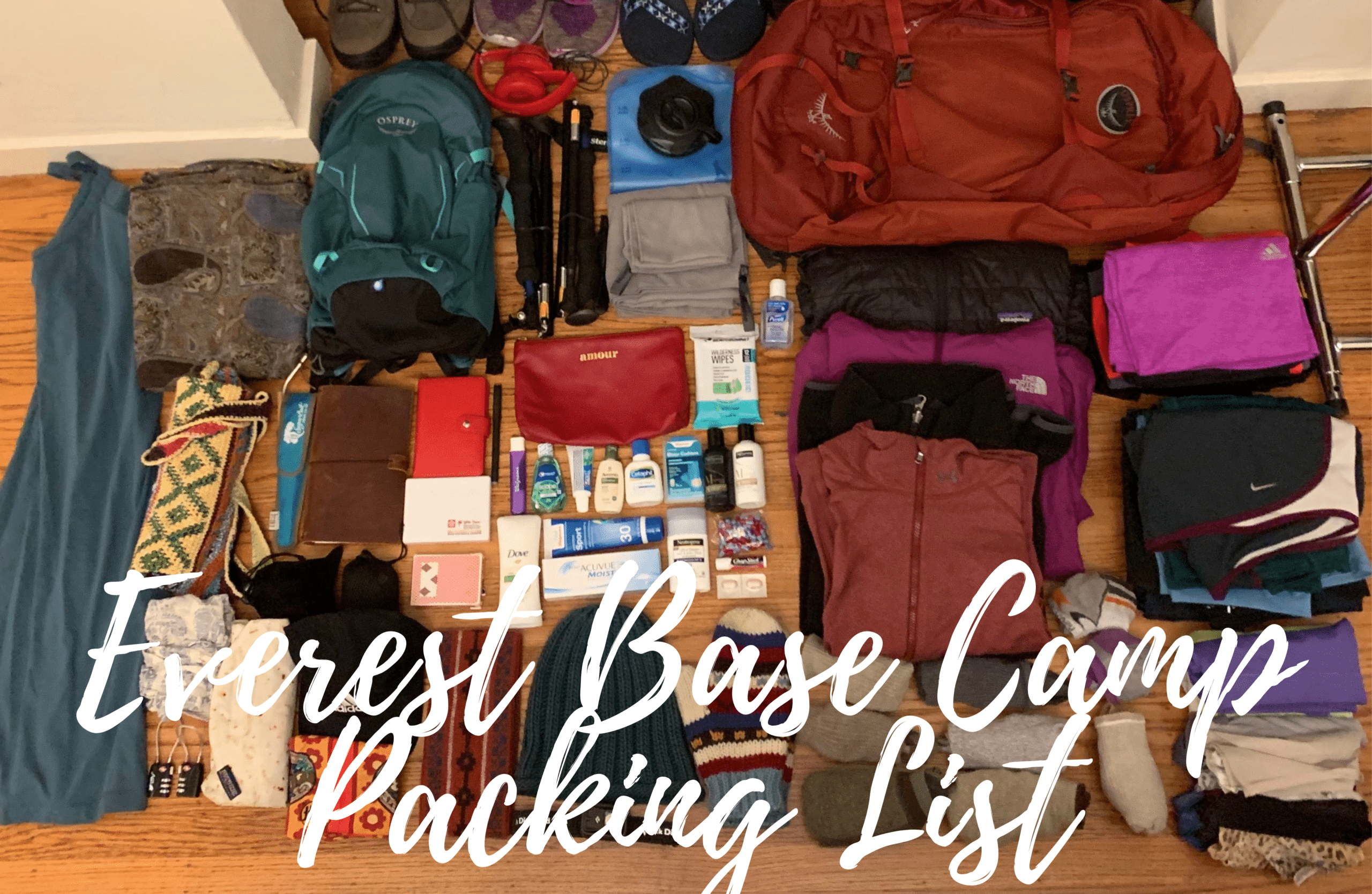
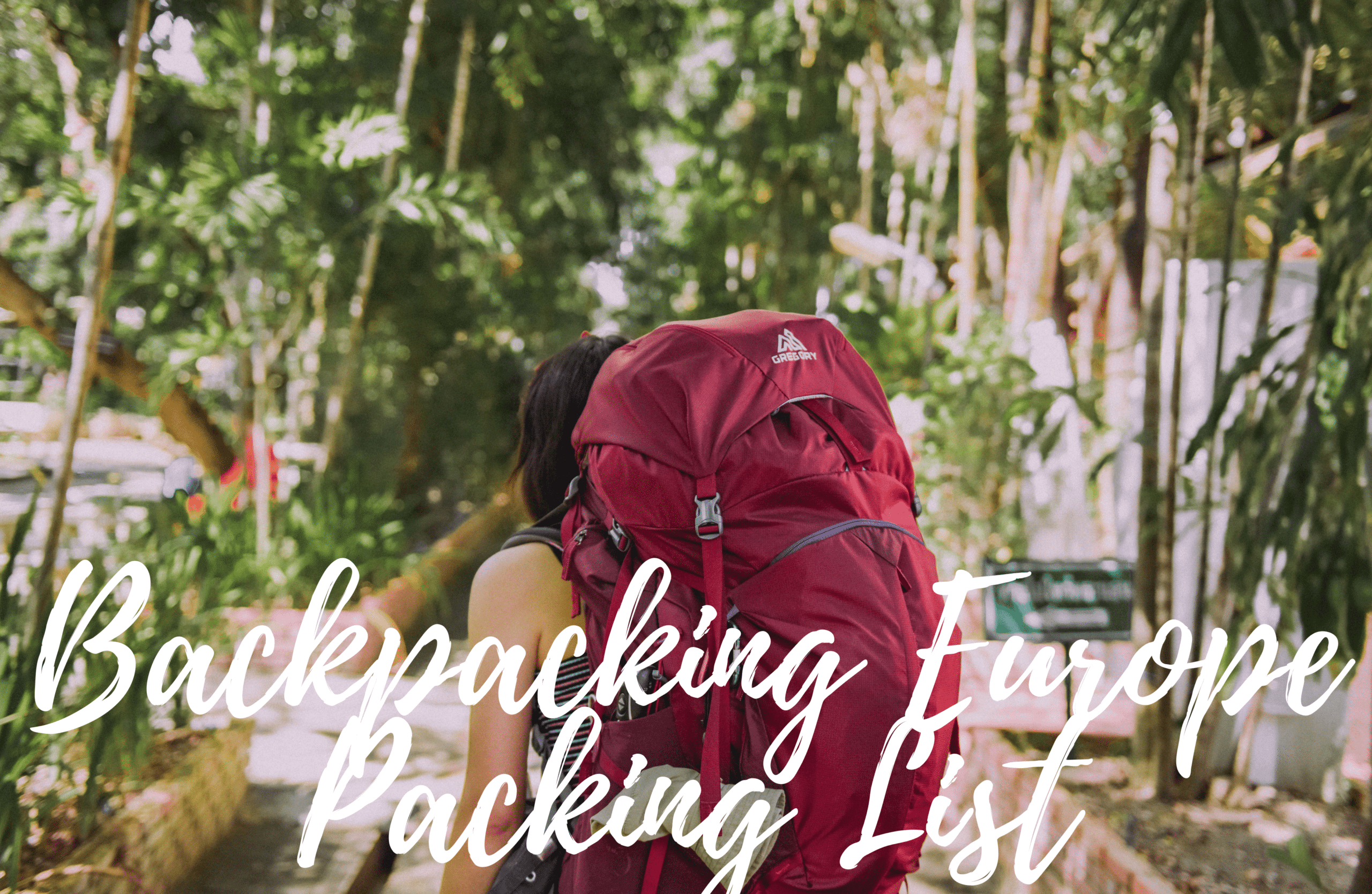
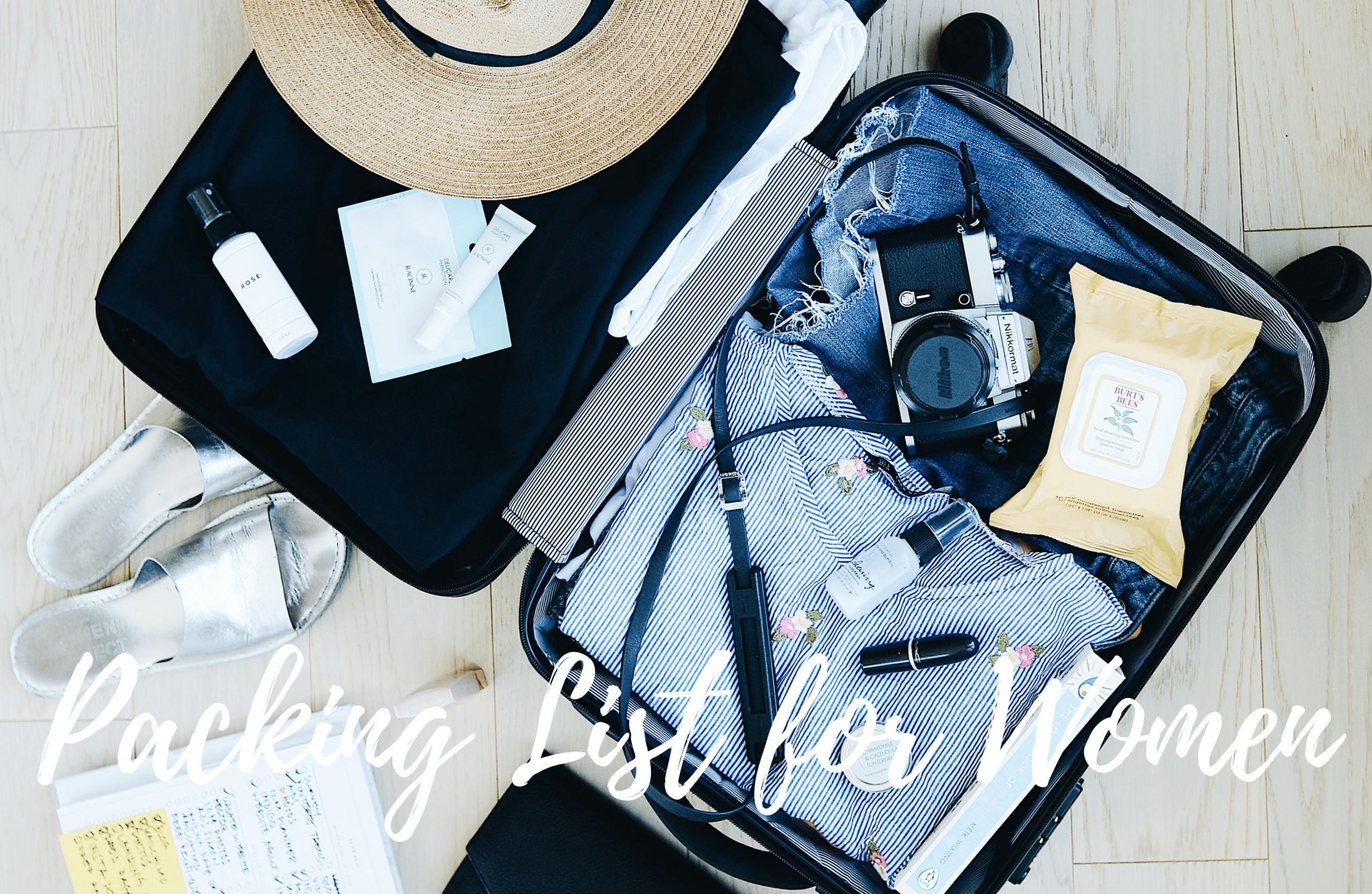
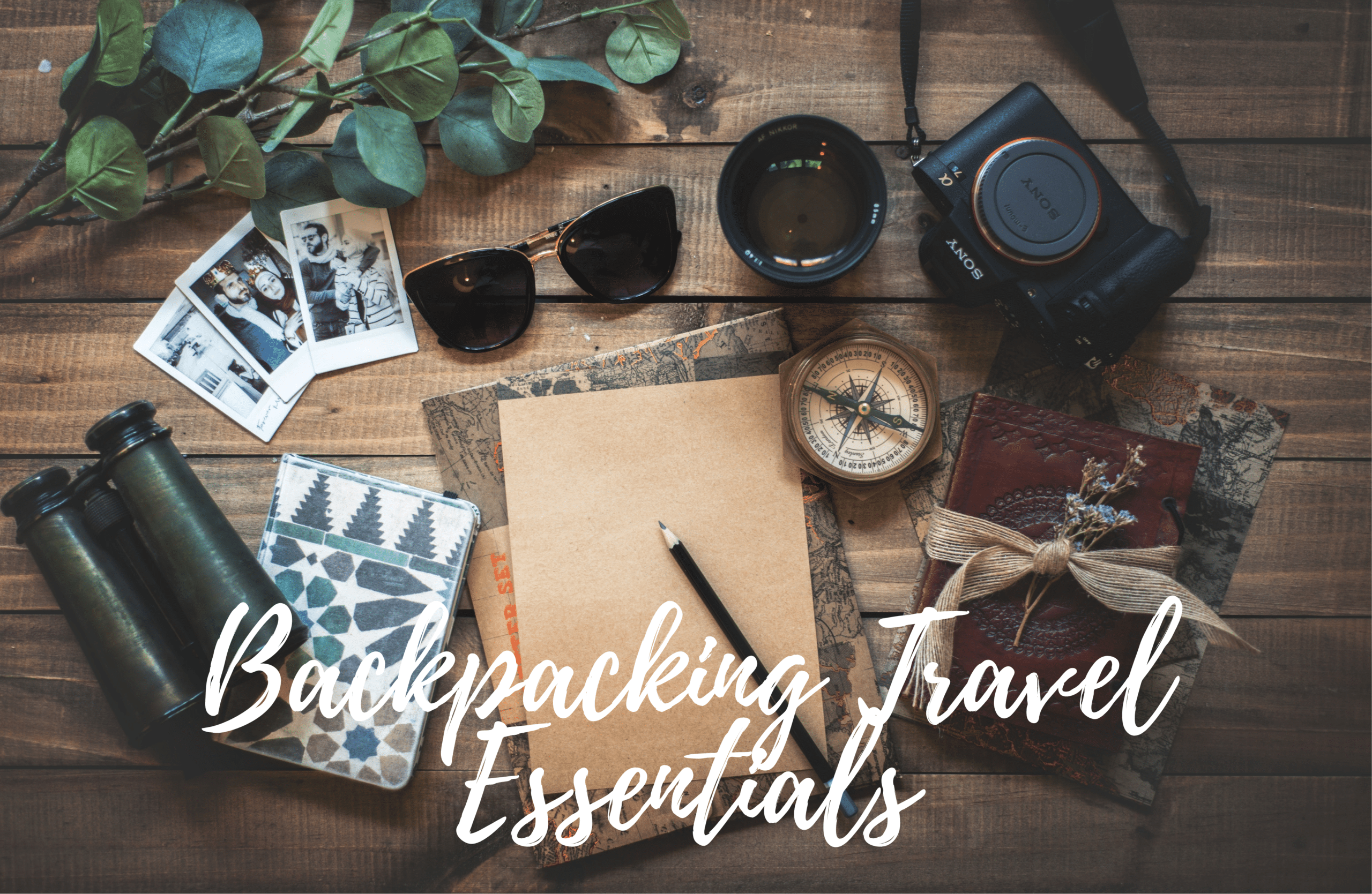
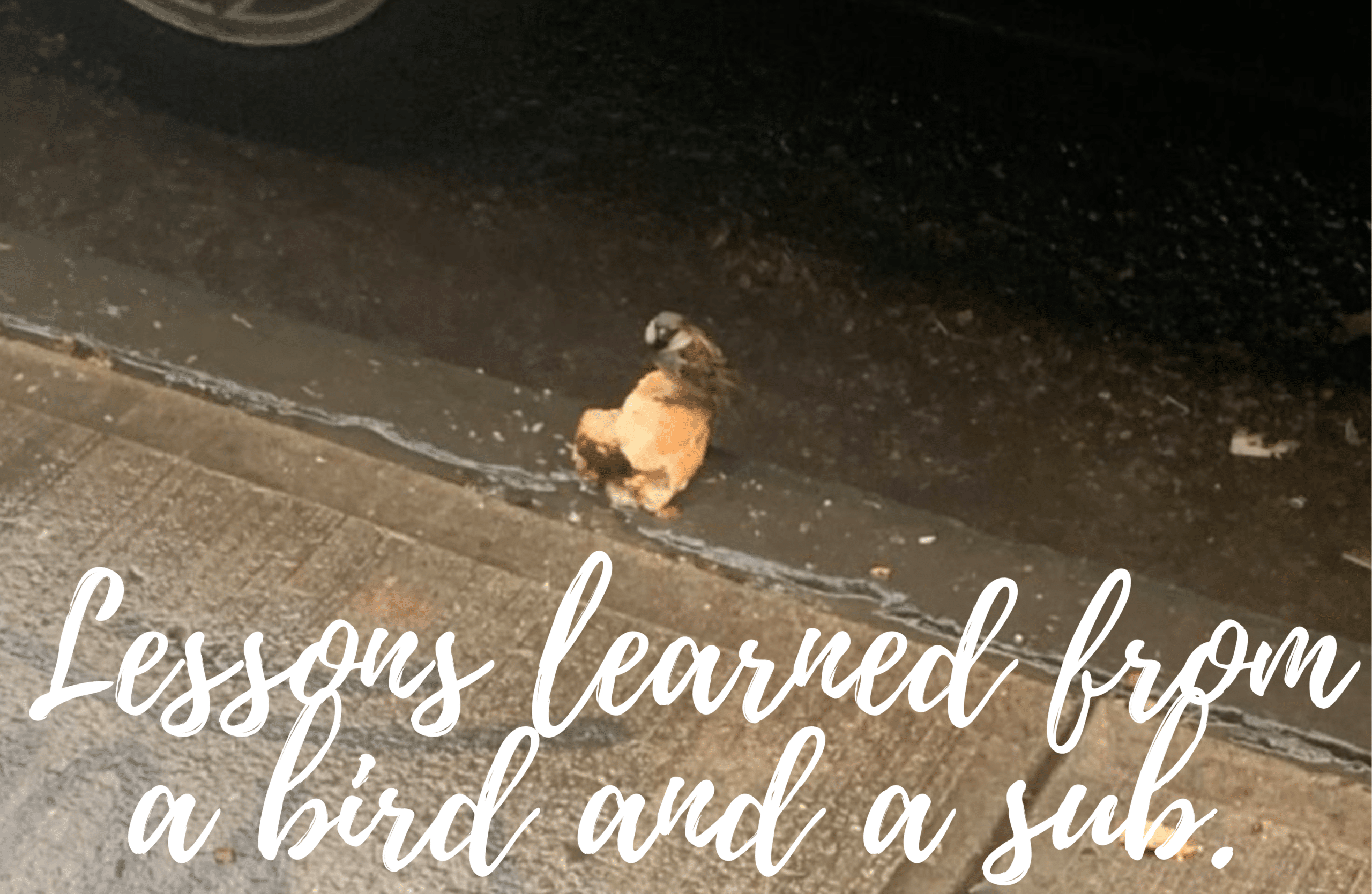
0